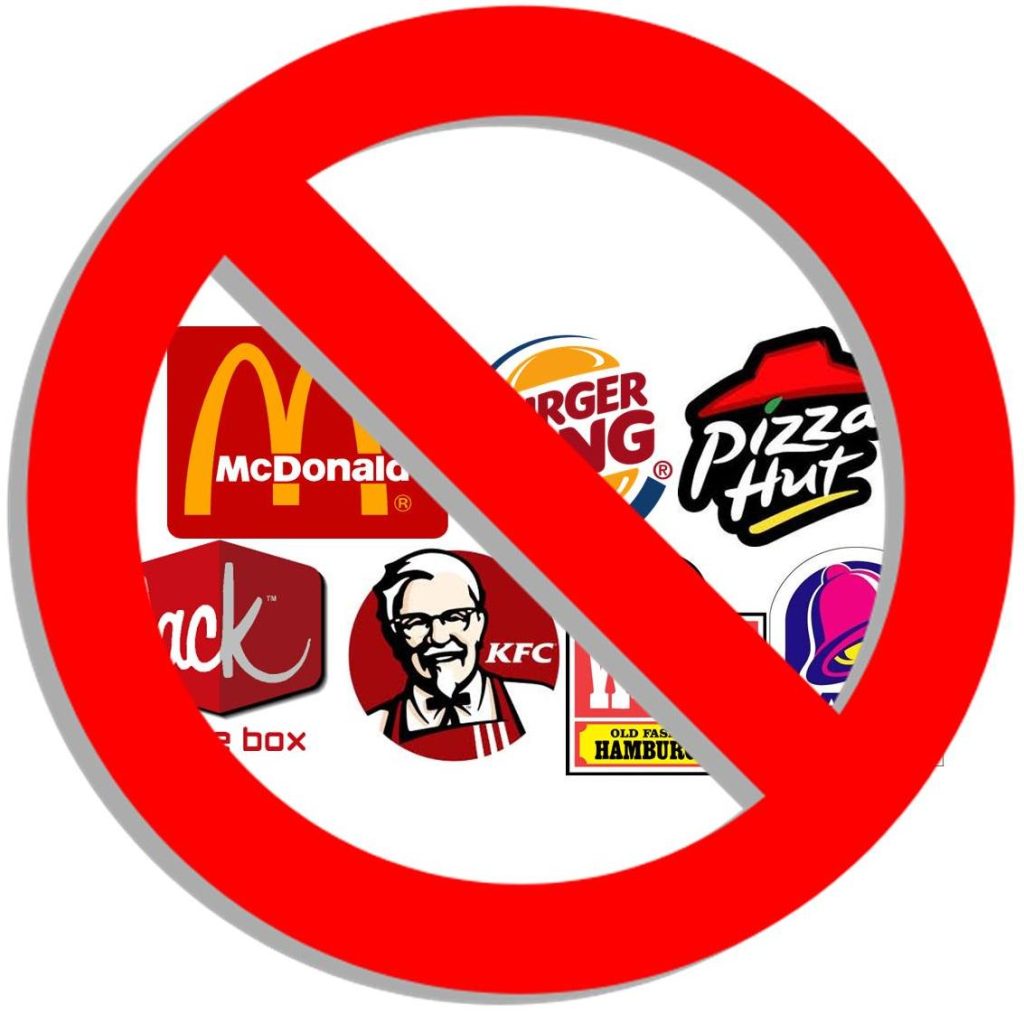Most of us count calories, some become obsessive, but how do you know when the counting goes too far? Anorexia may seem like the mental health issue of teenagers, but many adults suffer from it too, some without even realising.
The average calorie intake for men is two thousand five hundred; the average for women is two thousand, yet for anorexia sufferers this seems far too much some opting to stick below five hundred just to be on the safe side.
To lose weight it is recommended that you cut your calories by five hundred each day, this ensures that you will burn more energy than energy consumed yet still leave you feeling fit and healthy. Any less and you risk dizziness, lethargy, skin problems and more.
Anorexics will look in the mirror at a perfectly healthy body well within the BMI range and decide it is too fat. Despite dieting and eating semi healthily, an anorexic doesn’t diet for optimum body health. They will diet for weight.
If health was an issue then side effects of anorexia would see many reaching for the pies yet the single focus of an anorexic is weight loss and weight loss alone.
An anorexic will set targets for themselves, it’s not good enough to have a flat stomach, they prefer a concave stomach, this gives them enough leeway in case one day they are forced to eat and end up putting on a little weight.
The scales are an anorexics best friend, often weighing themselves compulsively throughout each day, after every calorie burning exercise and after every trip to the bathroom.
Someone suffering from Anorexia Nervosa will despise food in all its form, yet they will be unable to think of anything else. They will plan their days so they can eat dinner with the family but still burn off twice as many calories than they have ingested.
As with any addiction an anorexic will lie as if it is second nature. They will fib about having a muffin for lunch when what they really indulged in was a glass of water and a grape. Their self-esteem will be low and as well as hating food they will hate themselves for their weaknesses and the times when they can no longer abstain and have to give into what their body craves. Sustenance.
Above all, the general myth about Anorexia being a dieting disease is a myth. The disease runs much deeper than this superficial tagline. Anorexia is an obsessive compulsive disorder that results from mental health problems and the need for the individual to be in control of their own life.
Copywriting Services and this post by Martina Mercer
